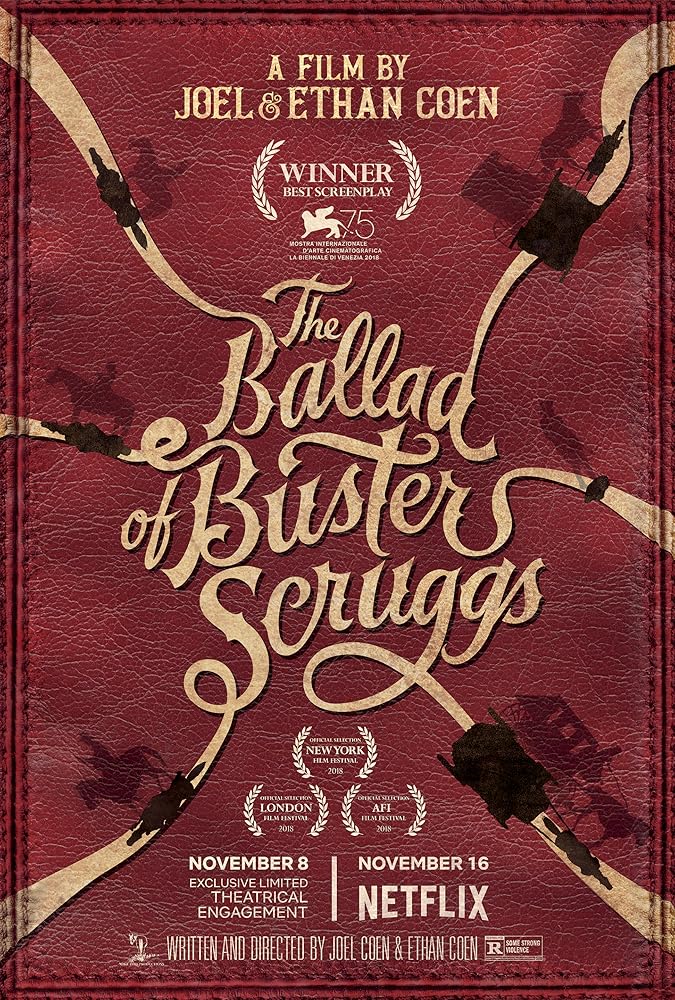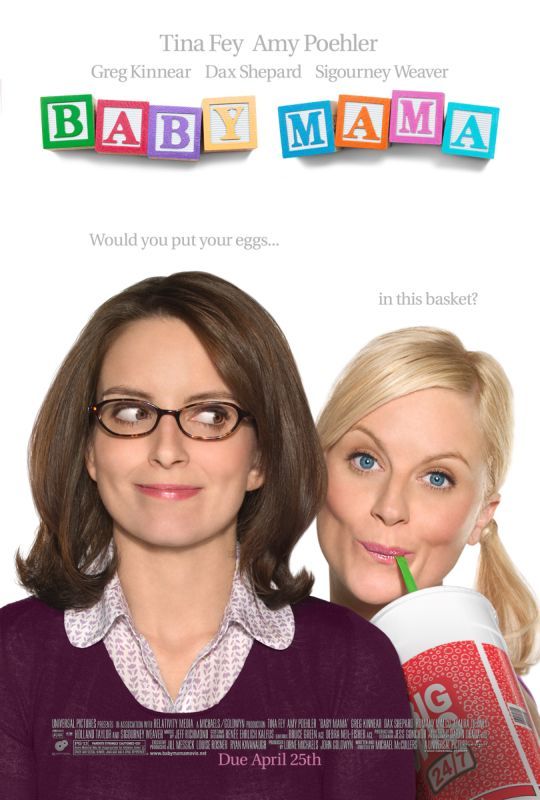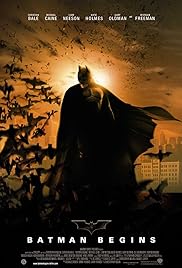.
 |
| HOME |
The baby and I came home from the park (the nut thinks she can do the climbing wall---and she darn near can*) and the two younger boys were watching an excellent print of Modern Times they'd found on YouTube. We'd missed the first twenty minutes, but who cares? It's Chaplin! (I imagine the impetus for this viewing decision was the elder of the two dressing as Chaplin for Halloween [the younger went as Harpo] and thus developing a Jones to revisit his work.)
The movie's terrific. Although some parts I had forgotten so thoroughly as to doubt I had seen the movie before, other parts were as familiar as any film I'd watched twice yesterday. I will admit that sometimes it's hard to focus on the story because Paulette Goddard is just so stunningly beautiful. This is not something that happens to me often in film and movies are chockfulla beautiful women, but Paulette Goddard in Modern Times is just astonishing. It's like being in love.
A side comment: watching Modern Times so close upon finishing Player Piano emphasized to me just how awful Vonnegut's world would be and exactly why it would be so tempting.
 |
| HOME |
I haven't seen Singin' in the Rain for over a decade which is a shame because I love it (I discovered it in high school and made all my friends watch it for my birthday either just before or after senior year). My mother gave me this deluxe dvd also over a decade ago and it only tonight came out of the plastic so I could show it to the boys. I'm glad to report they enjoyed it. Of course, they loved Cosmo the most.
After my second-ever viewing, the the sunset and modern dance numbers grew tiresome and it wasn't until my most recent viewing that I began to appreciate them. Tonight was the largest screen I've ever seen the film on and it (well, the screen and maybe age?) gave me a much greater appreciation for the modern number.
On the special features (which I've been drooling over for over a decade but, well, you know), I've just paused the series of film clips showing where the songs originated after Broadway Rhythm. It's weird, but I had always thought of the songs being from long before Singin' in the Rain, but Broadway Rhythm was released only eight years earlier---that's the distance we stand today from Scott Pilgrim! So, for all I know, that might still have been the freshest looking thing around.
I'm hardly musical educated. But I know what I like.
And I like this jukebox musical. Somehow, this film that should not have been good, was. And just like Casablanca, a movie that had no right being better than mediocre became one of the greatest of all time.
Sing it.
 |
| HOME |
It's been a long time since I've seen this movie. And the only part I really remember finding funny the first couple times is Keenan Wynn shooting the vending machine. I found it much funnier this time around, but it's still not a film of hilarity for me. I can see how, at a time of ultimate tension, this would have been just the right film. I think had I been around in 1964, yes, funniest film ever.
One thing I find interesting about the film is how the structure of it. The stuff on the plane, for instance, is set up as a traditional will-our-boys-pull-it-off war film. Yet simultaneously, we want them to fail. We want them to both win and die. That's an additional tension to keep things tight and let the jokes ricochet off.
 |
| ELSEWHERE |
The first half of this movie I absolutely loved. The actors are great, the direction is energetic, the film is dripping with fun and just enough style. A corporation has bred superpigs and ten are being raised by farmers around the world. The pig on top of a remote Korean mountain grows up with a little girl and they spend their days together. Okja (the pig) is clearly intelligent---far more than even a regular pig---and their relationship is sweet and strong.
Then the film gets into satire. It's satire of corporate greed seems pretty spot-on. Its satire in science is embarrassingly simpleminded and, frankly, kind of ruins the movie for me. I still like it, but before recommending it I would have to apologize in advance for the dumb way it gets into GMOs and suchlike. It's ... sad.
But it's probably worth it for the sheer joy of those moments unsullied by hamhanded attempts at satire.
 |
| HOME |
It's been a long time since I've seen this film. The Joker and Two-Face interpretations remain excellent. I find though, hearing my kids watch Christian Bale parodies for literally years, has made, at times, Batman himself unintentionally kinda silly. Frankly, this pisses me off.
One thing I love about this film is the ferries scene. It's one of the most optimistic and beautiful things said about people in movies in many a film---and certainly in superhero film. And by people, I don't so much mean individuals, but people.
I did think Ramirez was Renee Montoya, so the turn of her character was a bit of a shock....
Anyway, I miss this movie being new. I miss it filling the air and making us think and feel and fear in new ways.
It's a shame the finale can't compare. I wonder if, with Heath Ledger's survival, that might have been the case.
 |
| HOME |
I've seen bits (sometimes most) of several movies this month that I haven't recorded---Infinity War, Back to the Future III, Dr Strangelove again), but even if I had seen less of Paddington 2 I might have included it, because it is beauty and joy and it makes me cry. These films are among the best "family" films there are. I rank them with Babe and Pixar's top-enders. They're just dang good. And such terrific casts. And such fine use of CG. You can't say that about every movie, you know. You really can't.
 |
| ELSEWHERE/HOME |
In its newly-restored-with-lost-footage edition, this is still a long movie. Over two and a half hours. But riveting throughout. Brilliant. I wish the still-missing pieces were intact!
I didn't know it as well as I thought. (Like many old movies, it's one I'd thought I had seen before but clearly had not.) And what I love most is the poetry of the imagery. Fritz Lang is an artist. And while I imagine that silent film, perhaps by its inherent visualness and irreality, is more able to showcase "art," it may actually be that this is the time Modern Art was at its peak. Frankly, although abstraction is shorthand for art today, we're not that bought into it. You can't make this movie today. Even directors with a strong visual style from Wes Anderson to Zach Snyder can't do what Lang is doing.
One interesting thing: the mad inventor has a prosthetic hand. I don't know a tradition from, for instance, Greek myth, for the robot-handed person, but it's huge in film. Did it start here? Both Luke and Anakin Skywalker have a false hand. The burgermeister in both Son of and Young Frankenstein. Dr Strangelove. The villains of both Inspector Gadget and Pound Puppies. It's everywhere!
(Oh! One more! The bands over the lady in the lab are reminiscent of both the monster and the bride of Frankenstein and Leeloo of Fifth Element!)
My favorite actor is Brigitte Helm. Playing both Maria and the robot lets her inhabit completely opposite characters in identical dress and near identical makeup. She's amazing.
Anyway. Nice to have a masterpiece live up to the name!
 |
| THEATER |
We had to rush out to see this before Netflix pulls it into their prison forever. And I'm so glad we did. Each story is wonderful, and although they are tied together by violence and death and are set in the Old West, otherwise they are startlingly different. Although I probably enjoyed the title story best, I think my favorite tale was that of Alice Longabaugh. And (indirect spoiler alert) I thought for certain we were finally getting a happy ending.
About halfway through, the ending of each story felt like the right way to end the film. But the final story, when it finally arrives, ties them all together quite nicely. It'll unsettle you. You'll want a firm answer as to whether these people are even alive. Are they even alive? You'll want to know.
If Netflix ever lets it out of prison, I'll hope to see it again.
 |
| HOME |
I've only seen this once, maybe twice, nearly twenty years ago. It's good. I still don't enjoy it as much as I once enjoyed Flying Circus, but that's okay. I don't have to enjoy all things equally. It is time for me to watch some of the other movies, however.
One great thing about the Holy Grail, however, is that it is the one Python event practically everyone can swap quotes from. There are plenty of good ones and sharing is fun and thus they are reason enough to priority this movie over all other Python stuff.
 |
| HOME |
Lynsey and I were pumped for this movie ten years ago. Then the reviews were not so shiny and we passed. Until today.
The film's fascinating from a character-development angle. The moments characters' relationships are static moment are excellent---well rounded and believable. But the moments of transition from one type of relationship to another are terrible. Just: really, really bad. Not good.
But most of the movie is pretty great. It helps that Tina Fey and Amy Pohler and Steve Martin and Greg Kinnear are four of my favorite actors, of course. And Sigourney Weaver is great. But if we're counting percentages, most of this movie is good. Only the most pivotal moments tend to fall flat. And really, it's just lazy screenwriting. Although not an example of what I'm talking about, the twist in the last ten minutes works as a twist only because it was so, so, so much lazier than I ever imagined this film would be, even after all the sloppy relationship transitions.
From a writerly perspective, I highly recommend this film just to watch the great and the terrible sit side by side. Entertainmentwise, you could do worse.
 |
| HOME |
I finally got around to watching this movie because two avid movie watchers a decade-plus younger than me love it. Love it! A movie from my childhood which I have no clear memories of people talking about! So, clearly, it was time to watch it.
I started firing it up on Prime and watching it in twenty-minute increments. When Lynsey caught me, she couldn't believe it was watching it without her! She'd always intended to see it. So tonight we started back at the beginning and watched it together.
It's a great movie. The use of sound (effect, music) and the camera are brilliant, hilarious. I need to watch more Joe Dante movies.
(I mean, this shouldn't be a surprise. He is the director of Gremlins 2.)
 |
| HOME |
Believe it or not, I've never seen this movie before. But unlike Cloak & Dagger (which was a bigger deal to my friends at the time), people still talk about WarGames. In fact, the reason I'm seeing it now is because Son #2 is in love with Ready Player One. So why not?
Lady Steed and I missed the first little bit as we were at a high-school play, but I feel like the kids caught me up pretty well. (And I wonder if I have seen the beginning before---that grade-altering scene sounded very familiar. But I suspect that's so because I'm pretty sure the same thing happened in Sneakers ... and maybe Ferris Bueller too?
Anyway, the one thing I knew for sure coming in to WarGames is probably the same thing you know about WarGames: The computer's famous line at the climax of the film. But you know what? Even missing the first half hour, even knowing that line was coming and roughly how it would get there and what would come next---even knowing all these things? It was still a terrific moment of movie magic.
I didn't expect much from WarGames even though it's a well loved film. Lots of films from people's childhoods are well loved. But this was a pretty good movie. And my kids dug it. I finally made them go to bed, but they're planning to get up early tomorrow to finish the special features. That's not something they often do.
So. Does this mean I watch Cloak & Dagger next?
(Aside: Dr Strangelove has been sitting around all month and my kids have expressed some interest in seeing it. WarGames owes a lot [a lot] to Dr Strangelove so maybe I should stoke that interest again and show it to them. I doubt they'll like it as much, but maybe it'll be a nice thing for them to have seen.)
LATEST POST
Previous films watched
2018
2017
2016
2015
2014
2013
.png)
















.jpg)




